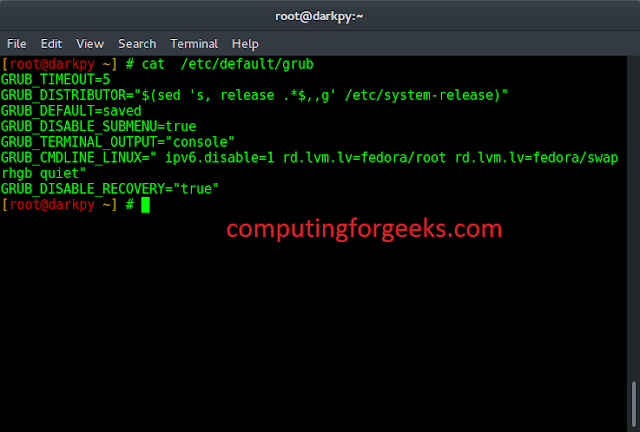The str_ends_with() function is a predefined function in PHP 8 that is used to perform case-sensitive searching on a given string. The str_ends_with() generally checks for the string if it is ending with the substring or not. If the string ends with the substring then str_ends_with() will return TRUE otherwise it will return FALSE. It is very similar to str_starts_with() the only key difference between str-starts_with() and str_ends_with() is that str-starts_with() searches for the substring at beginning of the string whereas str_ends_with() searches for the substring at end of the string.
Syntax:
str_starts_with(string $string, string $substring)
Parameters:
- $string: $string refers to the string whose ending string needs to be searched.
- $substring: $substring is the string that needs to be searched in the $string.
Key Features:
- It is case-sensitive in nature.
- It always returns a Boolean value.
- It can be used to check the ending of both the String as well as a Character.
- It always returns TRUE if the substring is empty or NULL, Since every string ends with NULL.
- It is not supported on version of PHP smaller than 8.
Example 1: In this example, three variables has been created. $string to store the string value, $endsWith to store the value that will be searched at the end of the $string, and $result to store the result value. In the program if the string $endsWith will be found at the end of the $string then the function str_ends_with() will return TRUE otherwise it will return FALSE to the ternary operator and value for the variable $result will be assigned accordingly.
PHP
<?php $string = 'GFG is awesome'; $endsWith = 'some'; $result = str_ends_with($string, $endsWith) ? 'is' : 'is not'; echo "The string \"$string\" $result ending with $endsWith";?> |
Output :
The string "GFG is awesome" is ending with some
Example 2: In this example, we have created two variables $string to store a string and $endsWith to store the ending value that needs to be checked at the end of the $string. Here, the value for $endsWith will be empty and we will be checking if the string ends with an empty string or not. In such case output for the if-condition will always be TRUE since all the strings end with ‘\0’ and the output will be displayed accordingly.
PHP
<?php $string = 'Checking for Blanks in the string'; $endsWith = ''; if(str_ends_with($string, $endsWith)) { echo 'Given String ends with an empty string'; } else { echo 'Given String does not ends with an empty string'; }?> |
Output:
Given String ends with an empty string
Reference: https://www.php.net/manual/en/function.str-ends-with.php




